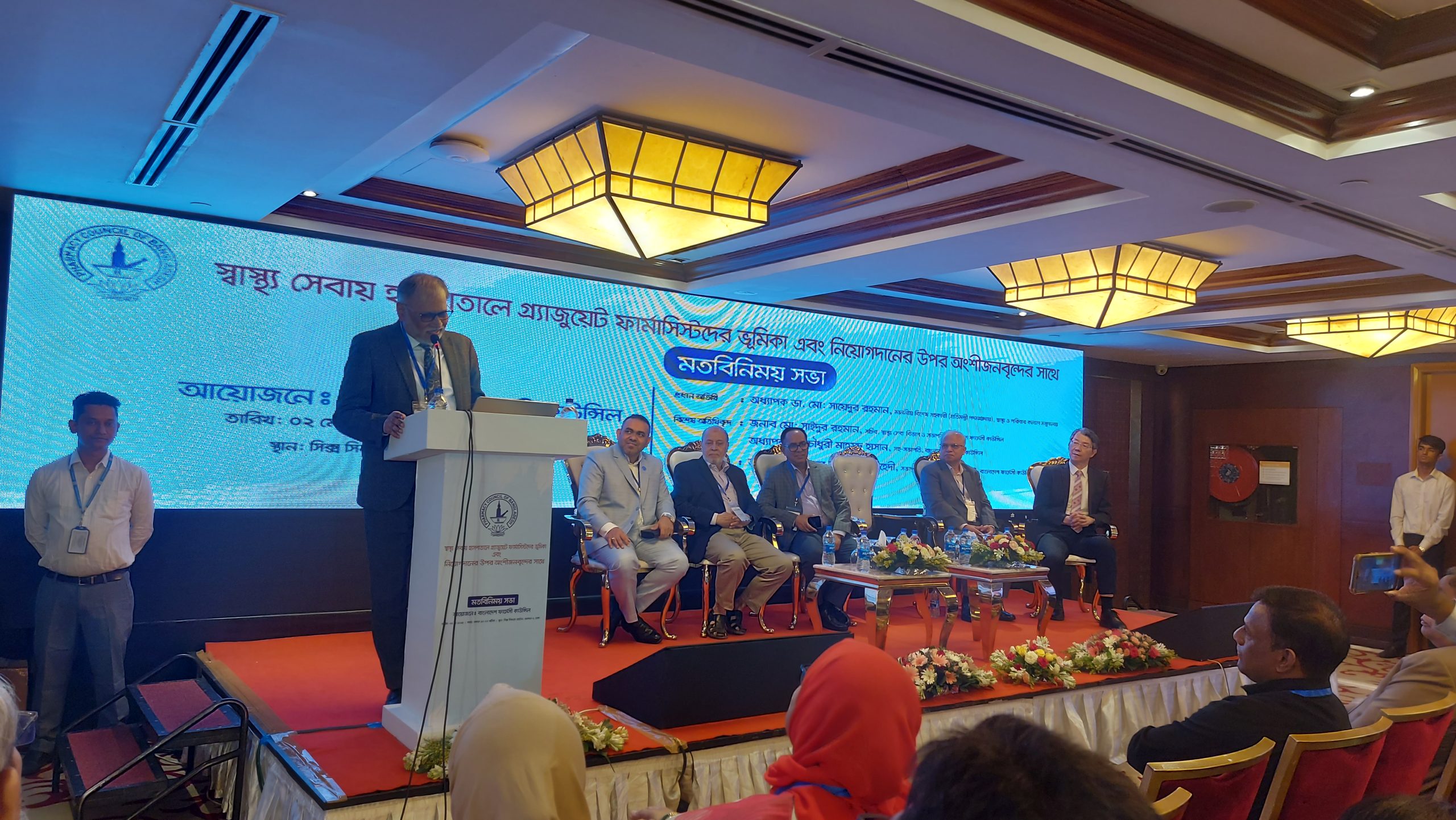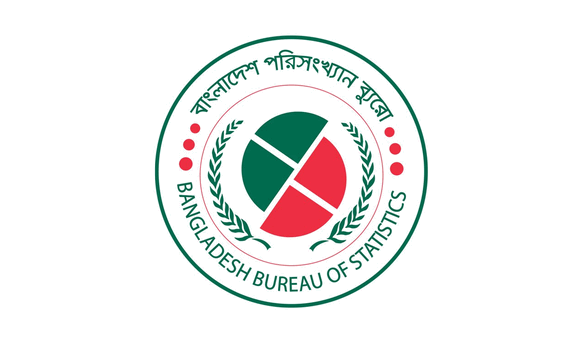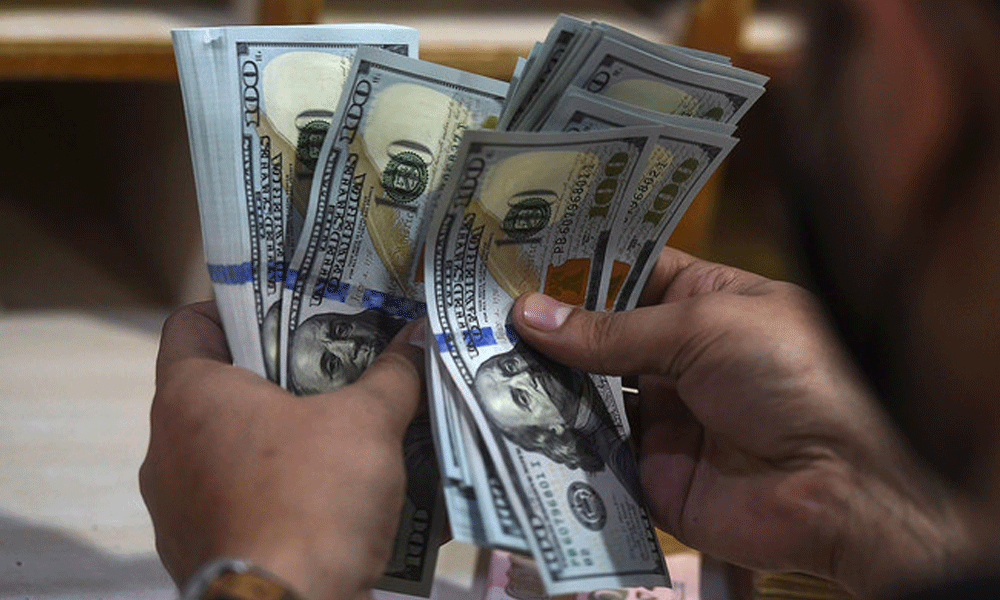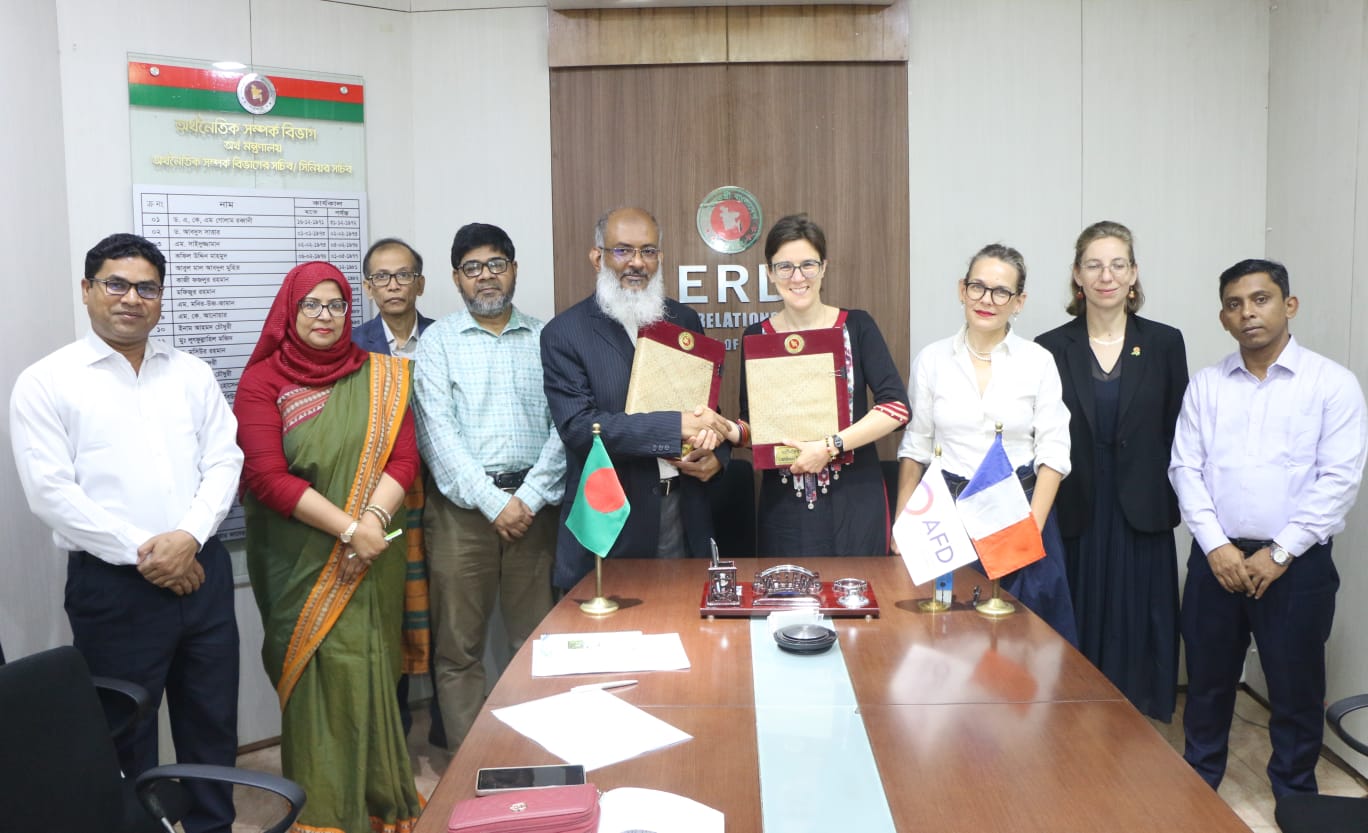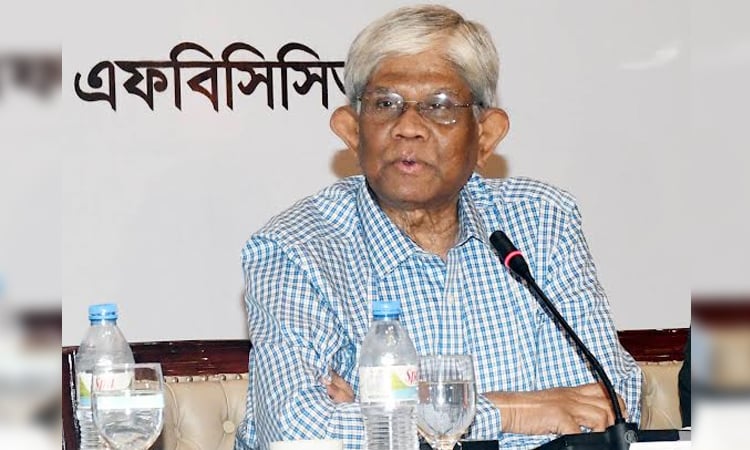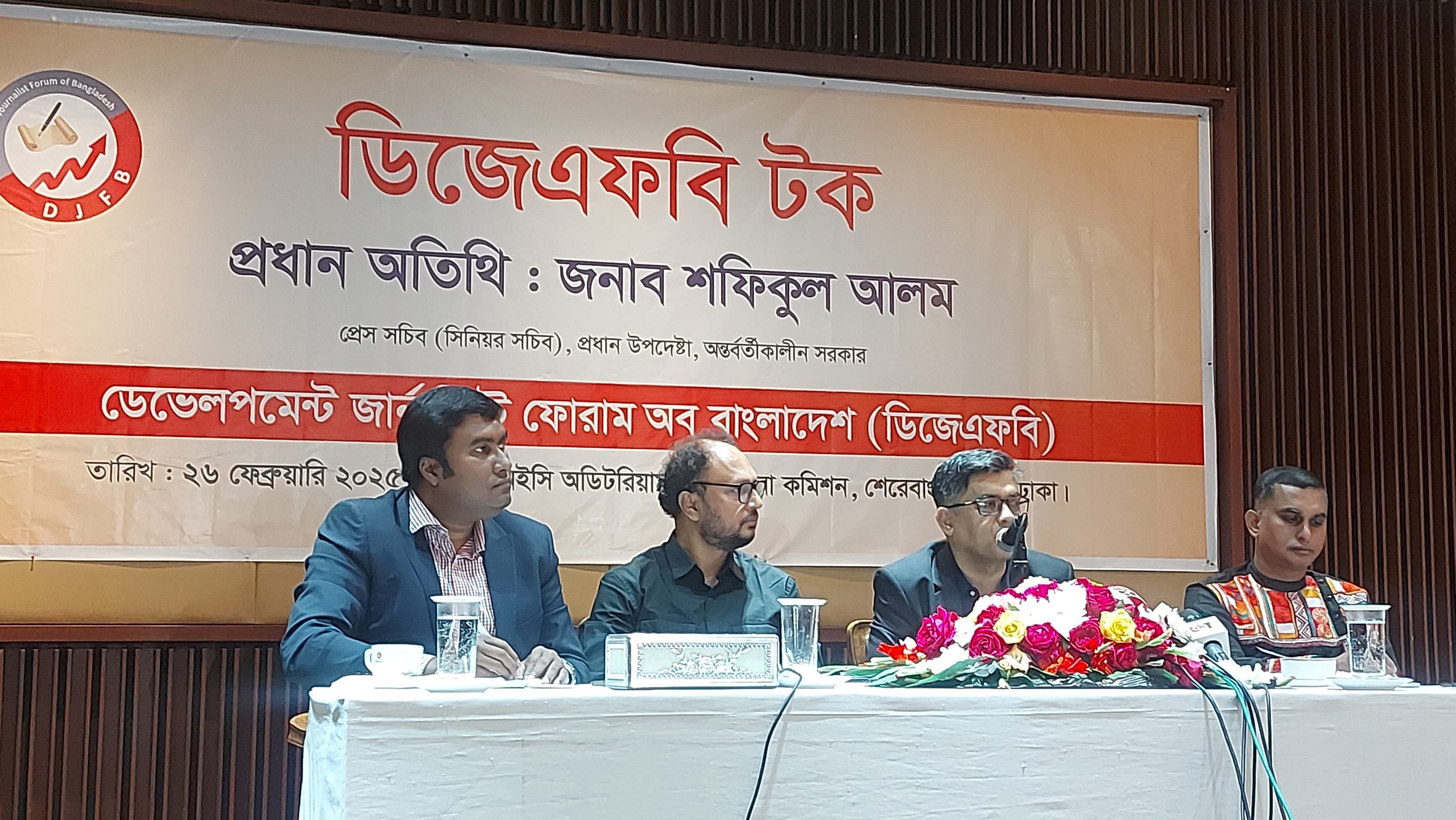
Shafiqul Alam, Press Secretary to the Chief Adviser, has accused the energy sector of state-sponsored corruption, calling for reforms and discipline.
He also discussed efforts to improve the efficiency of Chittagong’s port and address embezzlement issues, emphasising the need for proper investment and planning to prevent further economic waste.
He made these remarks while speaking as the chief guest at the “DJFB Talk,” held at the NEC conference room in the city on Wednesday. The event was organized by the Development Journalists Forum of Bangladesh (DJFB).
Hamid-uz-Zaman, President of the Development Journalists Forum of Bangladesh (DJFB), and Abu Hena Muhib, General Secretary, along with Shahanuare Shaid Shahin, Vice-President, were present at the event.
The Press Secretary emphasised the need to restore discipline in the energy sector. He stated that there has been state-sponsored corruption in this sector, and efforts are underway to find a permanent solution to the electricity issue. Discussions are ongoing with large power companies, and there are plans to drill a significant number of gas wells.
Regarding foreign investment, Shafiqul Alam stated that the efficiency of Chittagong port would be improved. He mentioned that without improving the port’s efficiency, investments would not increase. To boost re-exports, Chittagong’s efficiency must be further enhanced. Talks are currently underway with large international companies. He expressed confidence that if the development of each port in Chittagong is completed, direct foreign investment will rise.
He also pointed out that bank funds have been embezzled, and former Awami League minister Saifuzzaman had built a tunnel for his personal use. The country’s economy was on the brink of collapse, but it made a miraculous recovery in six months. To tackle inefficiency, taxes have been increased. A large portion of the budget is now being used to repay foreign loans.
The Press Secretary further remarked that if the energy system is inefficient, no one will invest. He claimed that mechanisms for corruption had been established within the power system. Investment is needed in the country, but it has not been forthcoming. The revenue system has also been ineffective. The previous government spent money without proper planning. He pointed out that more money was spent on 560 model mosques than necessary and that rail lines were constructed in a way that trains do not operate throughout the day. He concluded that this was nothing more than a waste of the public’s money.



